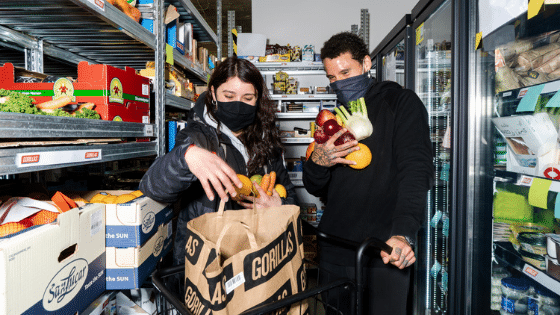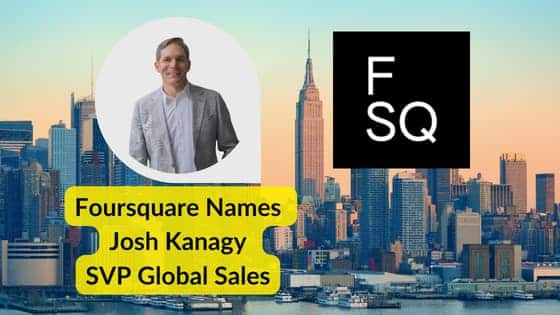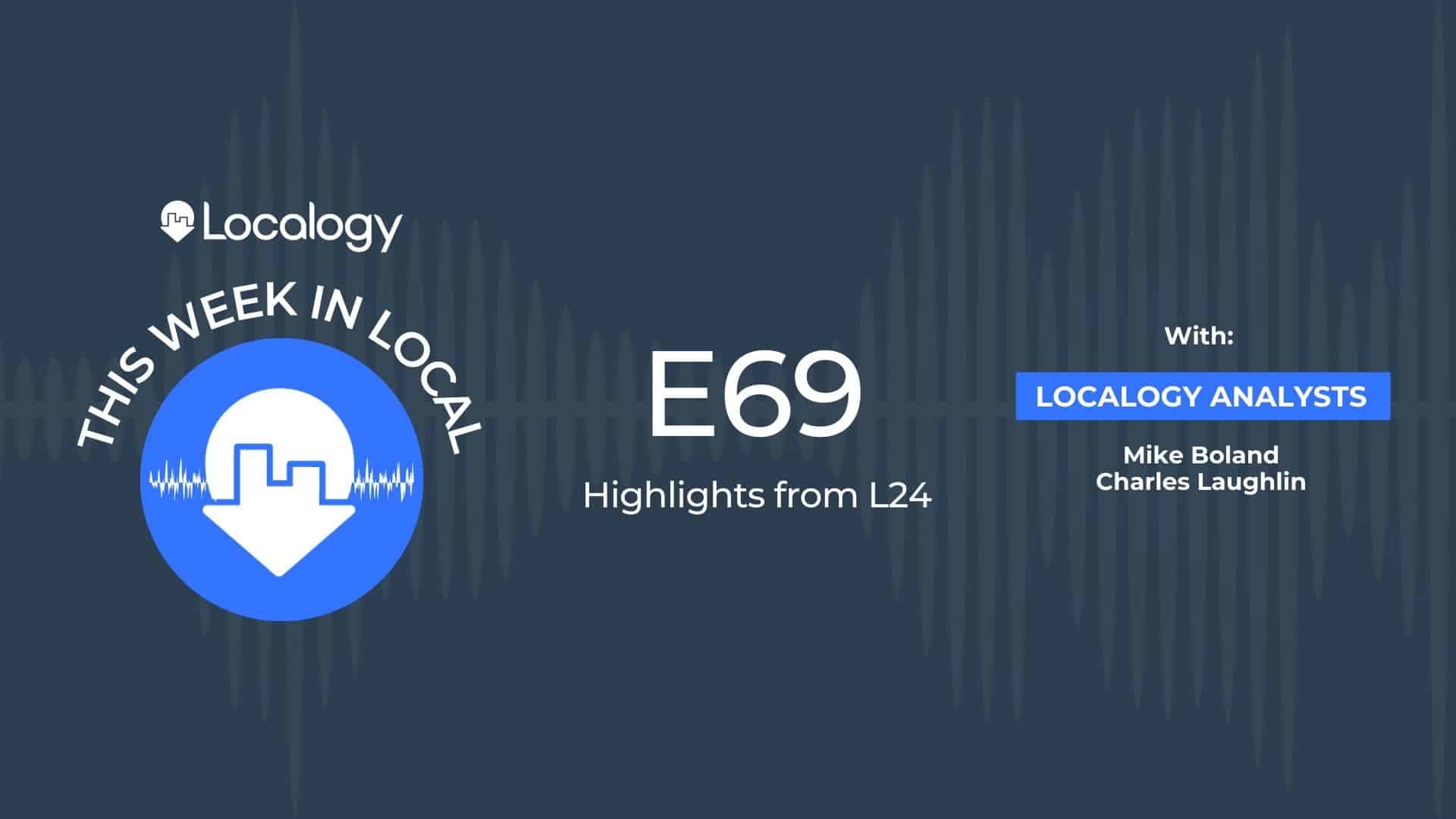Over the past few years, we’ve extensively covered the race for local delivery dominance in the U.S. among DoorDash, UberEats, GrubHub, Postmates, and others. And while the scale of the local delivery opportunity is massive, so are the challenges.
As we’ve reported, there is no shortage of skepticism of the validity of these businesses. From the business models to the ethics of how gig workers are treated. And not to mention the rich valuations on some of these companies. You can catch up on our delivery app coverage here.
So two funding stories involving European delivery companies captured our attention this week. The companies involved, Zapp in the U.K., and Gorillas in Germany, have each has raised large amounts of money in a short amount of time. And they’ve attracted some prominent backers along the way. All in the quest to dominate the home delivery of beer, Brussels Sprouts, and BBQ flavored chips.
Another common feature of the two companies is vertical integration. Rather than partnering with retailers to source their inventory, each has created its own “dark stores” or dedicated mico-fulfillment centers. Another common denominator? Both companies eschew the cheaper but increasingly problematic gig model and instead they employ their workers.
And finally, both companies promise insanely fast delivery times. And finally, finally, they share a similar quirky urban edge to their branding.
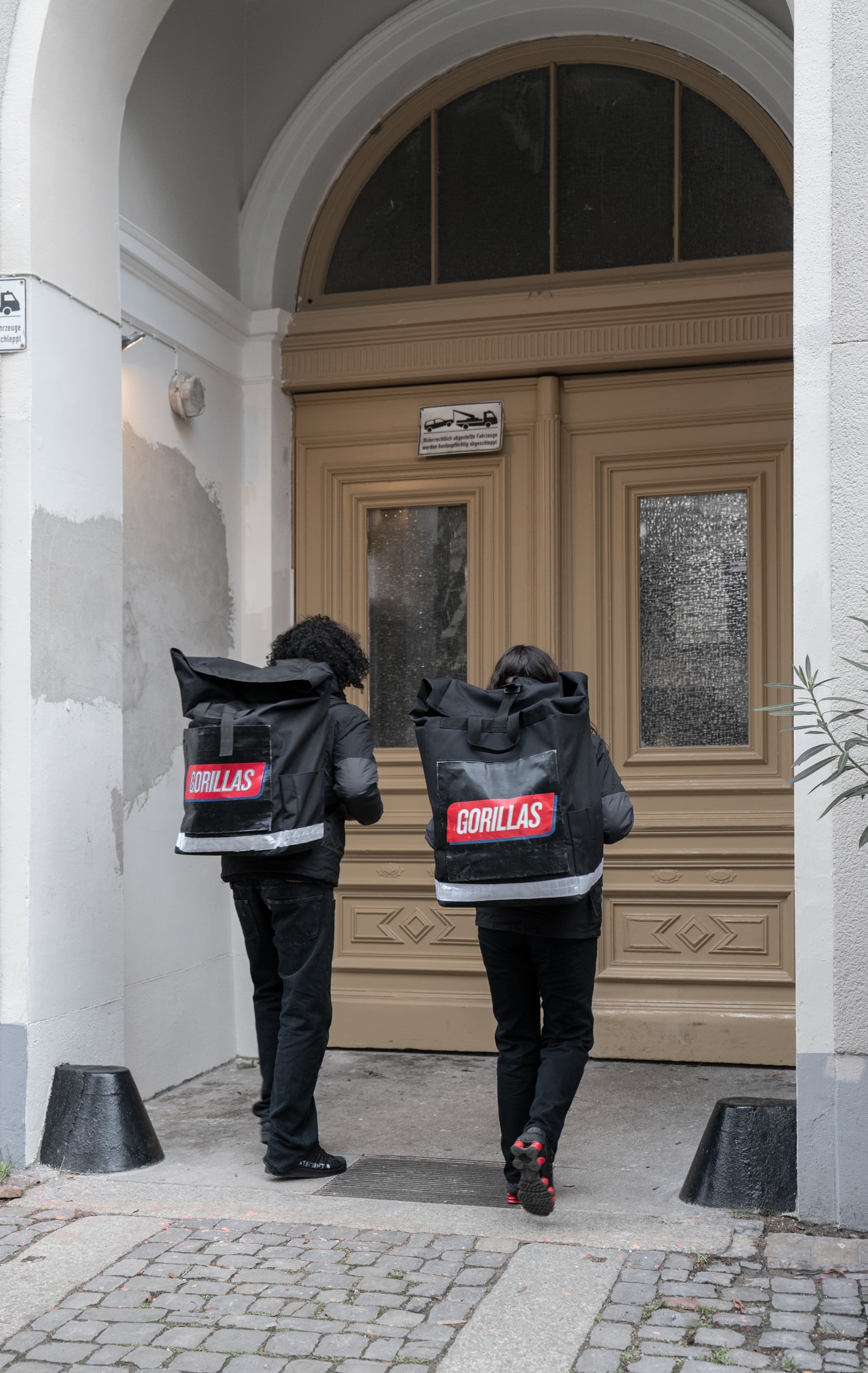
Yet Another Unicorn
Gorillas is a Berlin-based “ultra-fast” delivery service that has in less than a year raised $334 million, including a recent $290 million B round, expanded to 10 European countries, and become the fastest ever European unicorn (plus-billion dollar valuation). Over the past three months, the company has grown 10X in just the past three months, according to a report in Tech.eu.
A quick aside on unicorns. As my colleague Neal Polachek alluded to in a post yesterday, something that is supposed to be rare (i.e., a unicorn) seems to be increasingly common. Perhaps the definition needs to be revised upward?
So what has propelled Gorilla’s rapid rise? Its hook is its commitment to ultrafast delivery. And by that it means having any of the 2,000 essential items it carries delivered anywhere — apartment, park bench, wherever — within 10 minutes for about $2. How do they do this? They’ve established 40 micro-fulfillment centers. So with 10 cities, that’s four per market, give or take. No doubt this model will have to adjust based on the market, its density, demand levels. and more. But so far in its short life, it’s been able to maintain its fast delivery promise.
The company plans to use its ample capital to expand rapidly, with 10 countries and 50 cities on its hit list. The company doesn’t yet operate in the U.S.. but reportedly has ambitions to set up shop in New York City.
Too Good to Be True?
We have a lot of questions about Gorillas. How good (and proprietary) is its logistics tech? It will need to be greater to scale the business. Does its grand plan require greater automation (we suspect yes)? Can they make money on $2 delivered using direct employees (we suspect no)? Or is delivery a loss leader for a bigger vision? If so, what’s the vision? The company is almost brand new, so we hope for a deeper dive into the business model soon.
Here’s what the company’s founder told Tech.eu.
“By effortlessly enabling immediate access to fresh and healthy food at retail prices, we essentially simplify the process of doing groceries,” says Kağan Sümer, CEO and founder of Gorillas. “We’re radically focused on our customers and their needs: With a team of more than 2000 people and by working closely with our community, our investors and our partners, we’re building an infrastructure for the fastest last-mile delivery of essential human needs.”
It’s always telling to see who’s behind a company. One of Gorilla’s lead investors is Tencent. That’s the Chinese companies that operators WeChat, the app that (almost literally) does everything in China.
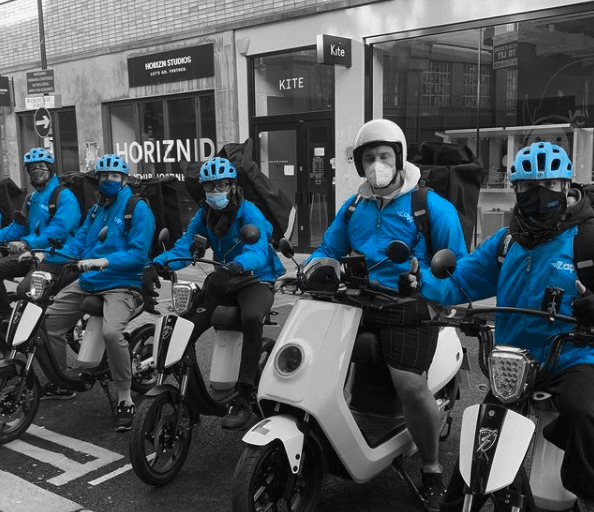
10 Minutes? We’ll Do it 20
Unlike Gorillas, Zapp is currently battling for dominance in just one city. But that city happens to be London. According to reporting from TechCrunch, Zapp, also founded last year, has raised more than $100 million to date. This includes a recent A round that was not disclosed but reportedly involved U.S. VC Lightspeed and the Atomico, a London-based VC launched by Skype founder Niklas Zennström. Zapp’s valuation is unknown. But it is likely well short of a billion.
So again, Zapp has many similarities to Gorillas. Vertical integration. Employed drivers. And a pretty aggressive delivery promise. Anything, anytime, within 20 minutes. The company also touts its use of sustainable electric vehicles.
Notably, Zapp’s co-founders bring some serious last-mile credibility. Joe Falter was on the founding team of Jumia, a company often (and imprecisely) called the “Amazon of Africa.” Falter ran Jumia’s on-demand unit before that company went public in 2019. And Navid Hadzaad was once a product leader at Amazon. Zap has also recruited execs from Deliveroo, Just Eat, Domino’s, and Tesco. There’s a lot of last-mile credibility baked into those brand names.
While the similarities are many, one key distinction between Zapp and Gorillas is Zapp is less focused on groceries and more on convenience items.
But looking at the bigger picture to two companies are chasing a market that seems to attract a lot of competition. Not to mention funding. As with most things these days, in all likelihood, the best customer experience wins. And while we commend Gorillas and Zapp for their cool branding, what will win the day requires a lot of hard work, process experience, and cutting-edge technology.

